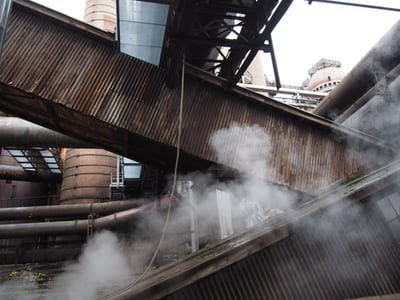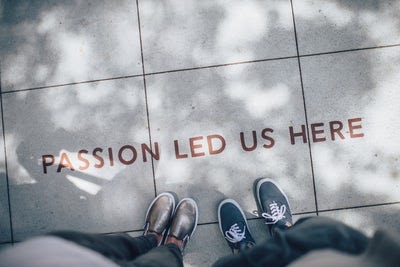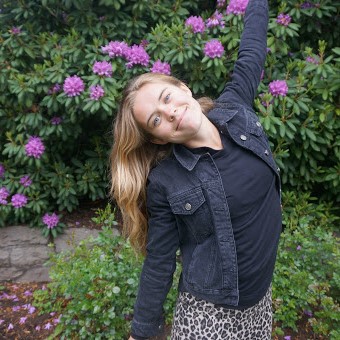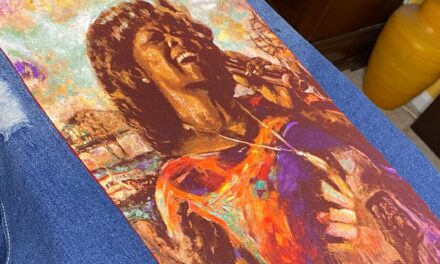The creative economy can be explained by looking at the generational layer-cake of one’s family occupation. For instance, my great-grandfather worked in a factory— lost a finger, worked every available hour, physically was beaten to a pulp in a position that is now done by robotic automatization machines.

My grandfather worked as a sales representative— one of the most creative jobs at the time. Planning cold calls, figuring out ways to close the deal, being inventive with your customer approach. No more physical labor and bodily endangerment, now street-hustle, keen thinking was monetarily valued. Now, my father studied liberal arts, had a whimsical twenties where he wore a beret and attempted to write a book. While his ideas on paper in the framings of a book binding didn’t make him millions, his idea application allowed him to start what is now the biggest wealth management firm in the United States.
Look at the transition, from a nine-fingered brute force to a beret wearing millionaire. The difference is the creative economy: the relationship we have with creativity and occupation and the integration of the two with the purpose of innovation. It’s also important to note that the level of personal fulfillment exponentially grew through these generational shifts. My great-grandfather was bitter, my grandfather was a good family man who always has stories about his sales days, my father loves what he does.

The need to make money is necessary for survival— for food, shelter, some degree of comfort. That’s been an economic reality since my great-grandfather. But now another reality, and necessity for success and survival has become paramount: creativity. Likewise, there have always been artists, but the people who need creativity as an essential and standard to excel has grown from the obvious definition of a creative, or just painters or writers. To solve climate change, you need to be creative. To manage a business, you need to be creative.

To do anything now, you need to manifest some ideation because that’s the competitive advantage we, humans, have against code. And by-doing so, we have discovered a dimension of happiness– being able to work hard and earn money doing something that requires creative agency and genuine passion.

Boiled down the creative economy is a reflection of humanity’s adaption to the social reality. Technology has replaced laborious tasks, our problems and systems are becoming more complex and worldly, our era has placed a reward on innovation, the opportunity to wealth through passion and fulfillment. We have been funneled by these things into this conclusion: you not only can be, but you need to be creative in this economy.
Katie Crager for Femme Fatale DC
————————- Katie Crager is the Communication Intern at Femme Fatale // Spring Semester 2020
Finding Your Good x Femme Fatale DC
~~~~~
Powered by Femme Fatale DC – Facebook // Instagram
About Katie Crager:

About Femme Fatale DC:






